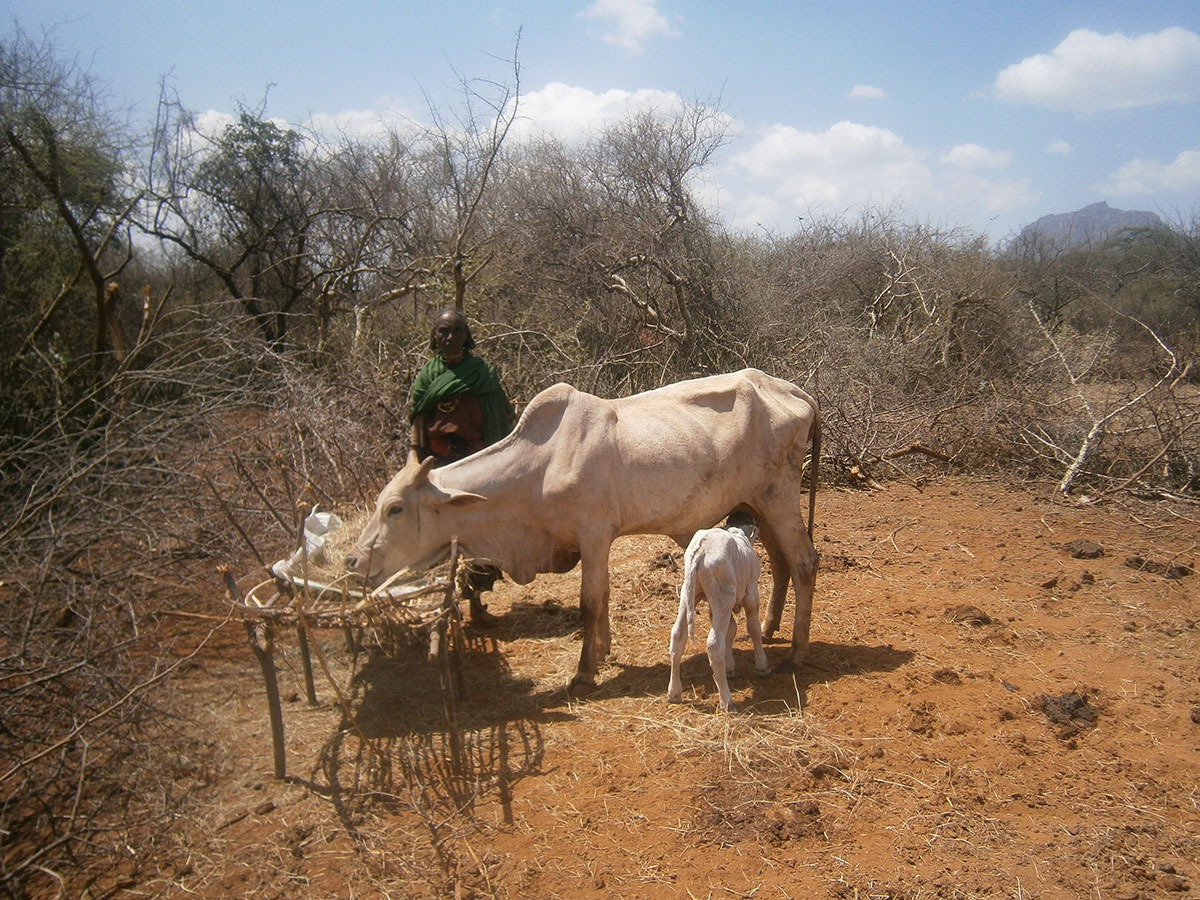By Talile Asres
The region of the Sahel in East Africa has suffered recurring droughts since the 1980s, devasting harvests, economies and traditional farming ecosystems. SOS Sahel Ethiopia, a national Non-Governmental Organisation (NGO), works to improve the living standards of smallholder farmers and marginalised pastoralists affected in the region by focusing on community based natural resources management, food security, and much more. In the last year, through the support of the Disasters & Emergencies Preparedness Programme (DEPP), they have been able to access $530,000 USD worth of funding from the UN Office for Humanitarian Coordination (OCHA) for the first time, as well as other funding for emergency response.
This is evidence that, in line with the Grand Bargain commitments which came out of the World Humanitarian Summit in 2016, the DEPP strengthens preparedness, creating and supporting collaborative networks, and putting the localisation of aid to action by empowering NGOs like SOS Sahel Ethiopia to access funding directly from donors.
This is but one example of the DEPP’s work, as it is a multi-year programme of 14 projects across 10 countries, funded by UK Aid and managed by Start Network and the Communicating with disaster Affected Communities Network (CDAC). Created to improve the quality of preparedness and efficiency of humanitarian responses in countries most at risk of both natural and conflict-related emergencies, the DEPP strengthens local capacities, collaboration, community engagement, preparedness systems, and has enabled the mainstreaming of protection tools and inclusion standards across the sector.
In particular, the DEPP’s Shifting the Power project, has increased the capacity of local partners in Ethiopia – like SOS Sahel Ethiopia, through Christian Aid which is a consortium member for the project. For local NGOs, capacity building is crucial as, despite their wealth of local experience, they lack the systems to support their engagement with larger donors.
Through the DEPP, our partners have been supported to put in place the necessary policies, guidelines and strategies to improve their humanitarian response. Each local organisation has established a task force which oversees and technically supports all humanitarian work of the local organisations. The DEPP has provided various trainings, experience sharing and peer learnings, to increase staff capacity.
The key success of the project is that the partners have developed the systems and improved staff capacity to deliver humanitarian projects. They are now able to build new partnerships with donors and funding agencies.
SOS Sahel has established a Humanitarian Unit and hired a Coordinator to lead it- which has boosted the organisation’s profile in terms of security humanitarian funding. They are also registered as a member of CHS Alliance through the support from the DEPP. This is a very significant achievement for SOS Sahel, as there are very few local NGOs in Ethiopia who are CHS certified.
The project, however, has not been implemented without challenges. The approach of ‘learning through doing’ to build organisational capacity has required tremendous time and engagement of all staff of partner organisations which was been no easy task. Despite the challenges, Kidist Hailemariam- Gender, Communication and Learning Coordinator, at SOS Sahel Ethiopia, said of DEPP’s Shifting the Power project:
“The project is an eye opener and has enabled us to put organizational policies and systems in place in humanitarian sensitive ways. It has strengthened our representation and networks with different humanitarian actors.”
Kidist Hailemariam- Gender, Communication and Learning Coordinator, at SOS Sahel Ethiopia, monitoring a visit to one of cattle feeding centres in Borena established by the organisation. Credit: SOS Sahel
The project helped to strengthen the organisation’s network and representation with different national, international and UN organizations. It was also able to build new partnerships with SOS Sahel International France, Norwegian Church Aid (NCA) and Ayuda En Accion and secured funding for drought emergency response. This is addition to the fact that SOS Sahel Ethiopia was able to get direct funding from OCHA for the first time and is now registered in the OCHA database as a direct result of fulfilling the donor requirements thanks to the capacity building work through the DEPP.
“We were able to reach the local community efficiently through the funds we got’’, said Kidist.
As in the example of SOS Sahel, and others, the DEPP has been producing extraordinary results since its inception, with a strong focus on evidence and learning. Read our recommendations and learnings on good practice and principles on our online platform: www.disasterpreparedness.ngo.

